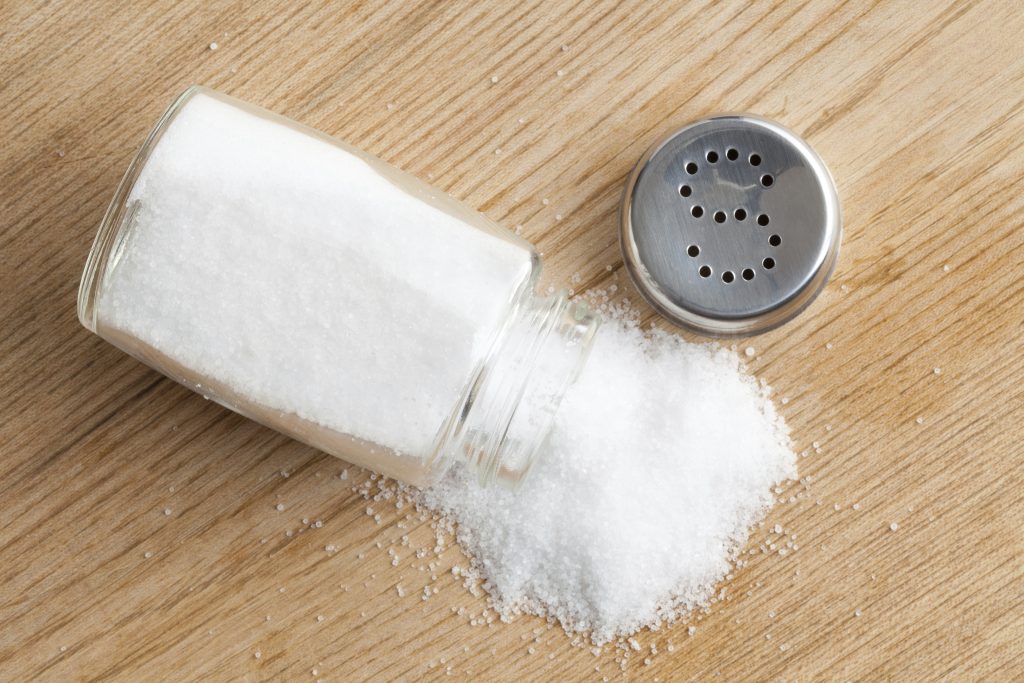Recent CBC investigation report (Fifth Estate) revealed that herbal remedies and vitamins are frequently approved for sale in Canada with only minimal review. Even Health Canada acknowledges that their approval of these products is based on “weak evidence,” says the CBC report. That indeed is shocking.
The CBC report indicates that Health Canada approves more than 90 per cent of applications to sell new natural health products. And under updated rules, products can be approved in as little as 10 days.
Are we fully aware of the quality and safety of many of these supplements? The answer is no. We don’t. U.S. statistics show supplements send 23,000 people to hospital each year. Annual sales in Canada total about $1.4 billion, and Health Canada’s Natural and Non-Prescription Health Products directorate must approve supplements before they go on sale.
According to the CBC report, some leading researchers also say there is mounting evidence that many of the most popular supplements don’t live up to their claims and could even be dangerous. Common complaints about these products included contamination, purposeful adulteration, incorrect strength and incorrect identity.
Medically speaking a healthy individual, who eats a good diet, does not require vitamin supplements. But almost 30 percent of our population does not follow that dictum.
On the other hand, there is a consensus among medical experts that taking certain vitamin supplements on a daily basis does more good than harm.
Here are some examples:
- Folic acid (400 ug/day) reduces the risk of birth defects during pregnancy.
- Multivitamin tablet – one a day. Vitamin B such as B6 and B12, may help lower blood levels of a substance called homocysteine that may help reduce the risk of heart disease and stroke.
- Vitamin D (1000 – 2000 IU/day) minimizes the risk of osteoporosis and fractures and colon and breast cancer.
- Omega-3 fatty acids – 1000 mg/day or eat fish three times a week. This reduces the risk of sudden heart attack by 50 to 80 per cent. It can help ward off the serious heart rhythm disturbances associated with sudden cardiac death. It also appears to reduce the risk of strokes, mental decline in old age and prostate cancer.
In summary, one multivitamin, vitamin D and omega-3 should cover what you need if you are otherwise healthy. Remember, this is just a guideline. Discuss with your family doctor before you start these pills. If you opt to use herbal remedies for prevention or treatment of an illness check whether there is any science associated with the recommendation.
Vitamin supplement is just an icing on the cake – so to speak. Too much of icing and/or too much of cake is not good for your health!
Start reading the preview of my book A Doctor's Journey for free on Amazon. Available on Kindle for $2.99!



